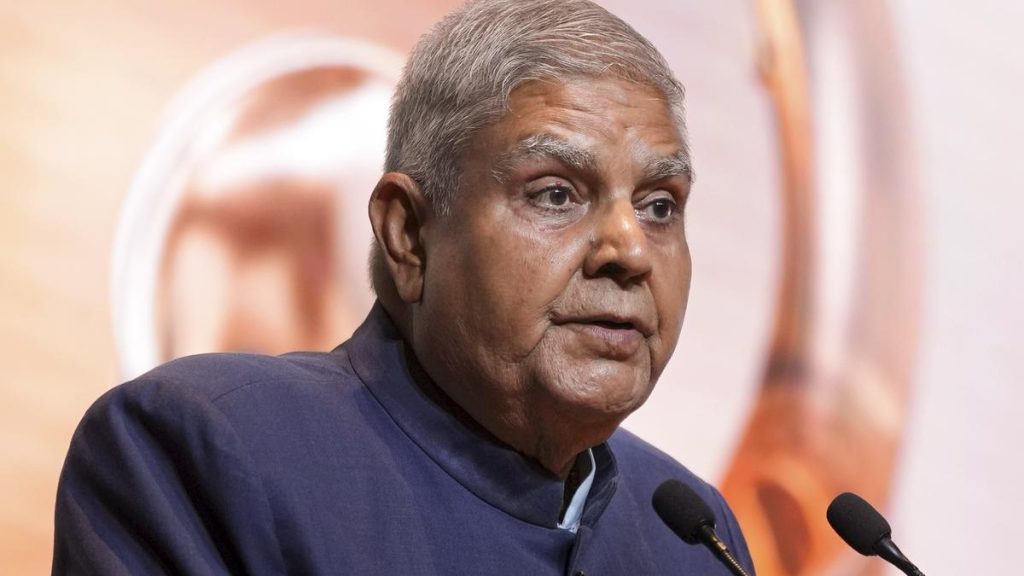Now Reading: Disorganized Attachment: Pathways to Building Secure Relationships
-
01
Disorganized Attachment: Pathways to Building Secure Relationships
Disorganized Attachment: Pathways to Building Secure Relationships

Fast Summary
- Disorganized attachment style emerges from childhood experiences marked by unpredictability, trauma, or neglect.
- It involves simultaneous desires for closeness and fear of intimacy due to inconsistent caregiving or early life threats.
- Adults with disorganized attachment face emotional conflicts that manifest in relationships,work performance,and trust issues.
- Symptoms include mood swings, social anxiety, alternating behaviors between connection and withdrawal, and difficulties regulating emotions.
- This attachment style significantly impacts romantic relationships through cycles of approach and distancing behavior. Friendships and professional ties may also suffer due to unpredictability.
- Healing is absolutely possible through practices such as therapy (e.g., EMDR), mindfulness techniques for self-regulation, building supportive social networks, setting boundaries, and cultivating self-compassion.
- Small steps like mindful interactions or journaling can lead to gradual transformation in behavioral patterns over time.
Indian Opinion Analysis
Disorganized attachment sheds light on a critical psychological issue affecting interpersonal well-being. For India-a country with a diverse cultural landscape where family connections play an essential role-recognizing how childhood experiences shape adulthood behaviors could enrich conversations around mental health normalization. By integrating awareness campaigns into existing healthcare systems, India might address deeper wounds stemming from early developmental trauma.
the rising global focus on psychotherapy approaches such as EMDR underlines the universality of these challenges. When adapted culturally for india’s unique socio-economic realities-including affordability concerns-practices promoting secure relational habits can enable meaningful societal healing. Such conversations also pave the way towards reducing stigma around therapy services-a step necessary for fostering healthier communities across all layers of society.























